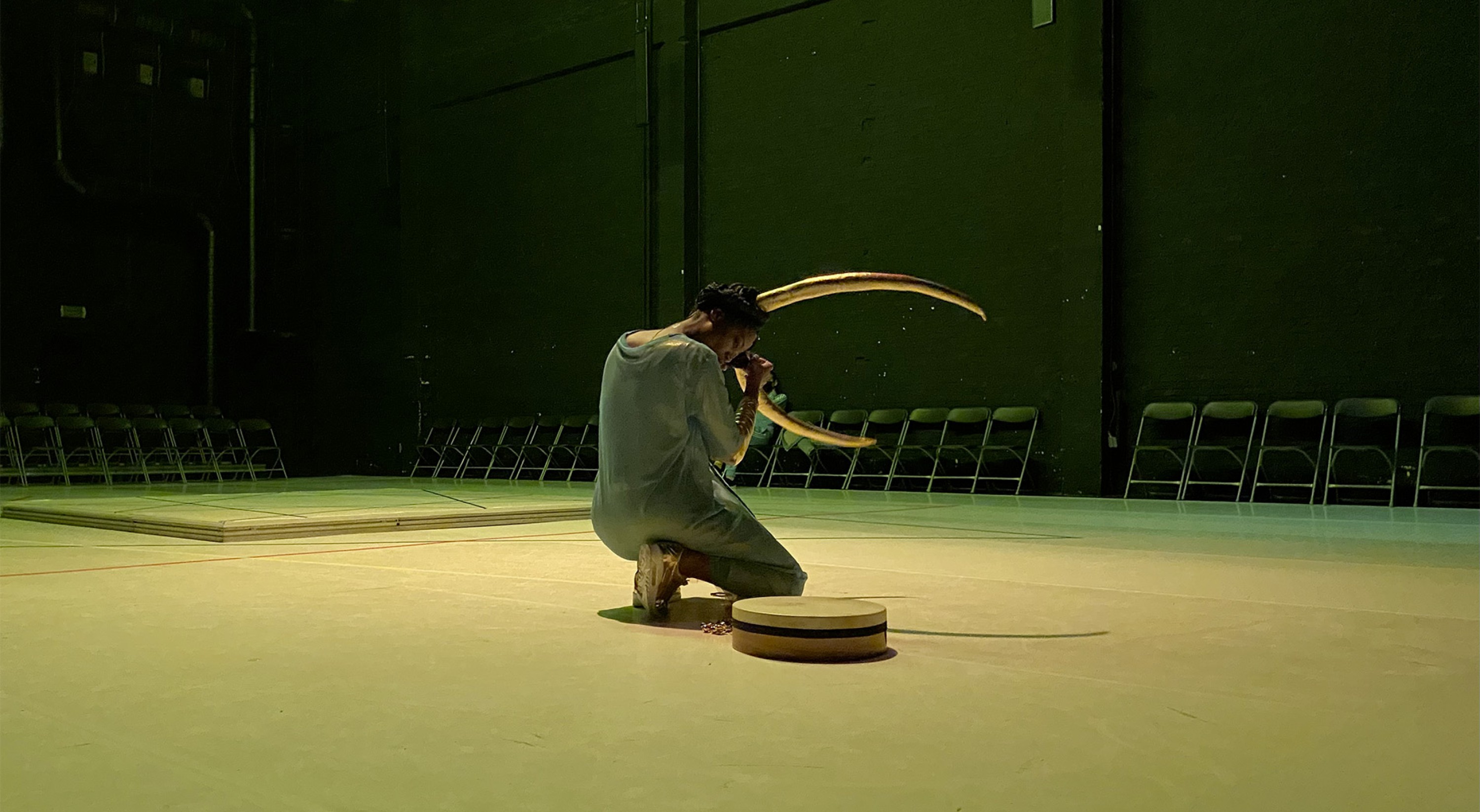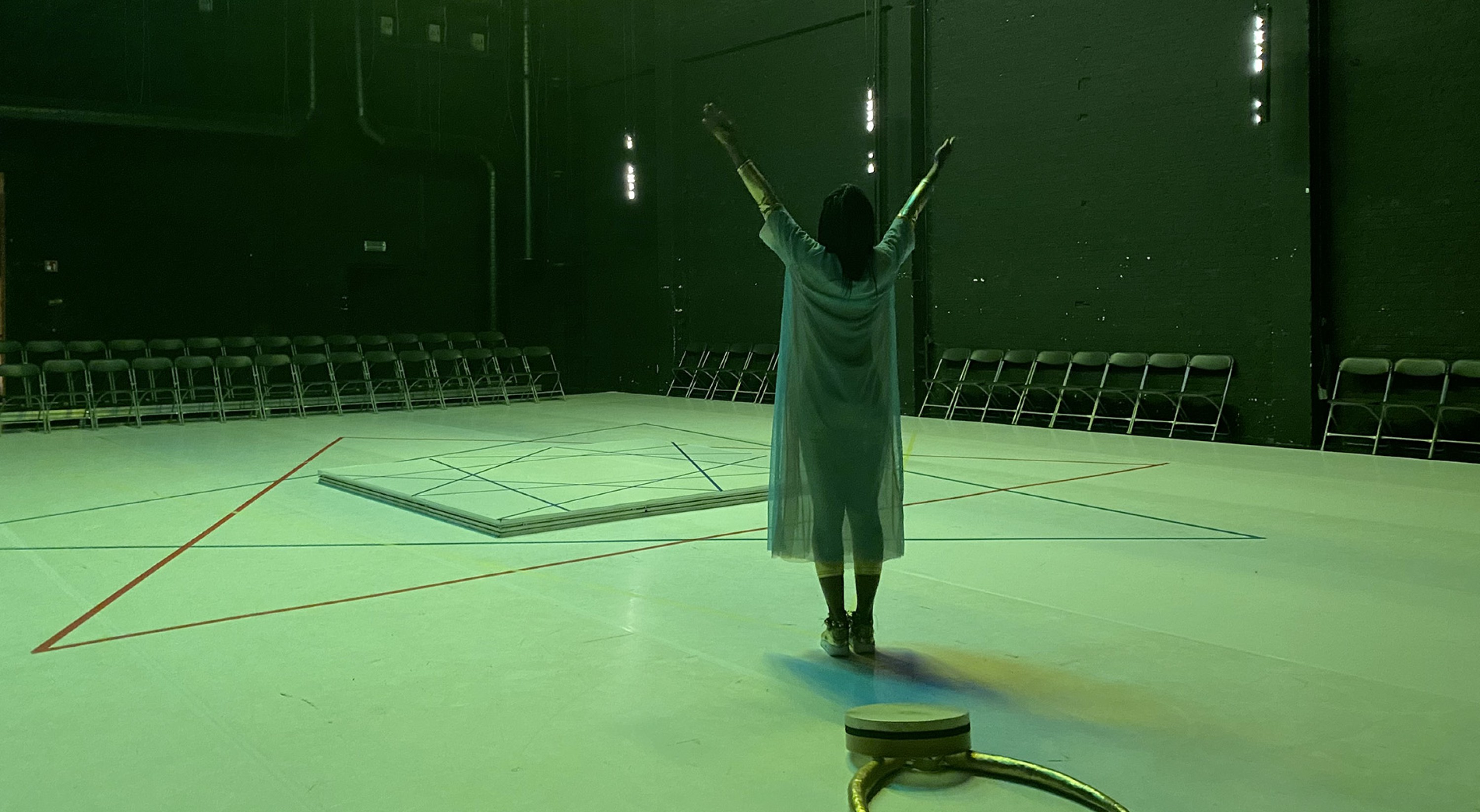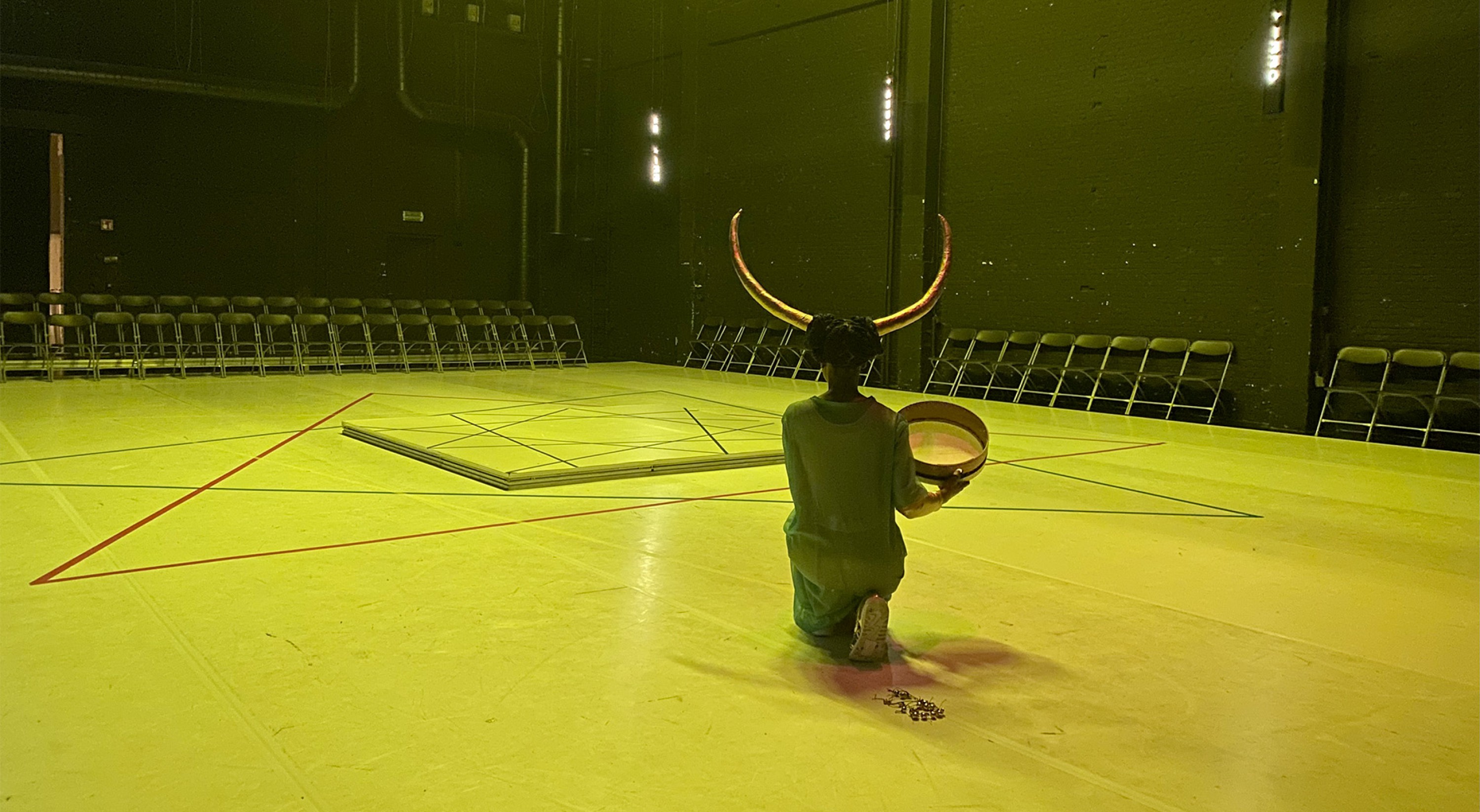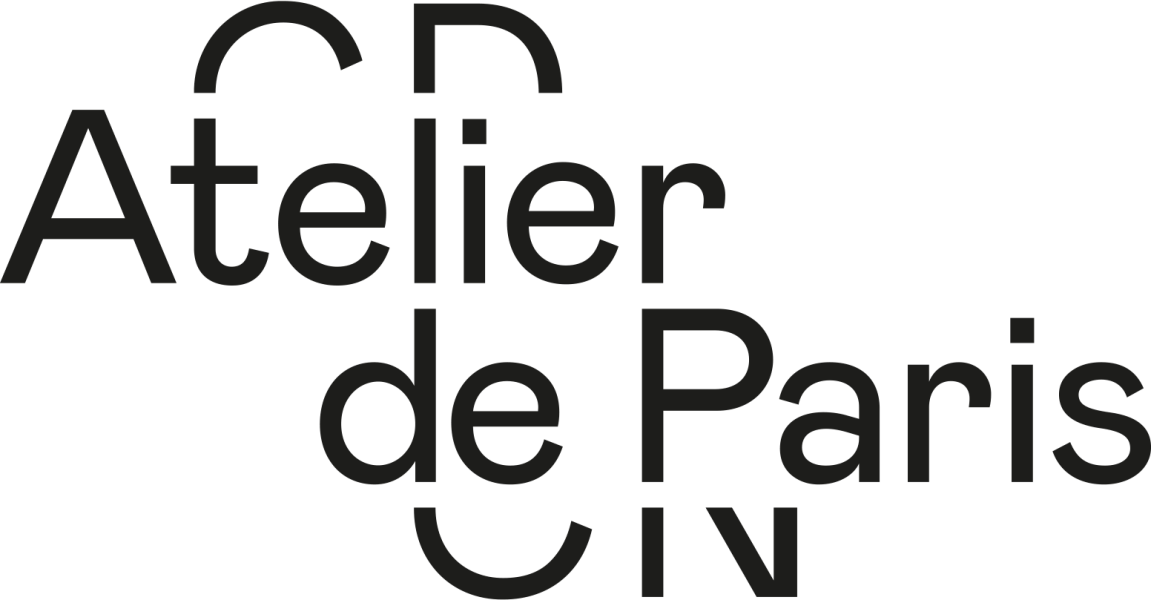Radouan Mriziga
Akal
decemberdec 8 – 10
Design and choreography, Radouan Mriziga
Artistic collaboration and performance, Dorothée Munyaneza
Choregraphy assistant, Maïté Minh Tâm Jeannolin, Sondos Belhassen
Dramaturgy, Esther Severi
Research, Hajar Ibnouthen
Stage design, Tewa Barnosa, Radouan Mriziga
Visual design, Tewa Barnosa
Lights, Estelle Gautier
Costumes, Lila John
Technical direction, Estelle Gautier
Sound engineer, Milan Van Doren
Assistant, Rania Barhoumi
Poem contribution, I fled this realm by Asmaa Jama
Produced by A7LA5
Casting and management Something Great
Co-produced by deSingel – International arts campus (Antwerp); Kaaitheater (Brussels); Tanzquartier Wien; PACT Zollverein (Essen); Festival de Marseille; Walker Art Center (Minneapolis); Wexner
Center for the Arts (Columbus); Contemporary Arts Center (Cincinnati); C-Mine (Genk)
Residency hosted by deSingel – International arts campus (Antwerp); Festival de Marseille; Pianofabriek (Brussels)
With support from the Government of the Flanders
Co-directed by Atelier de Paris/CDCN; Festival d’Automne à Paris
Akal, meaning “The Earth” in Tamazight is the final part of Radouan Mriziga’s trilogy focusing on the Imazighens, an indigenous people from North Africa. Through dance and song, the piece pays homage to a figure that embodies and transmits its culture, the Egyptian goddess Neith.
She is the goddess of war, the mother of the gods, and her almighty powers make her altogether terrifying. She is sometimes linked to the creation of the world, but is always associated with death since it is she who accompanies the souls of the deceased into the world beyond. Via this mythological figure, Radouan Mriziga, an artist originating from Marrakech, and Dorothée Munyaneza, a dancer and singer from Rwanda, both of whose work is familiar to Festival d’Automne à Paris audiences, as well as those of the Atelier de Paris, celebrate the strength of nature and the feminine, and resuscitate long-forgotten ancestors. They concoct a hybrid piece, comprised of words and bodies, which draws upon ritual and traditional dance, story-telling and poetry, incantation-like singing and the rhythm of rap. Dorothée Munyaneza performs a solo of great intensity, in silence or to the beat of a drum, on a stage characterised by geometric shapes of which the choreographer is particularly fond. The effect that Akal has upon us is that of the voice of hope, a way of enabling the voices of marginalized cultures to be heard once again and to take a fresh look at an all too often forgotten past.
See also
In the same place



